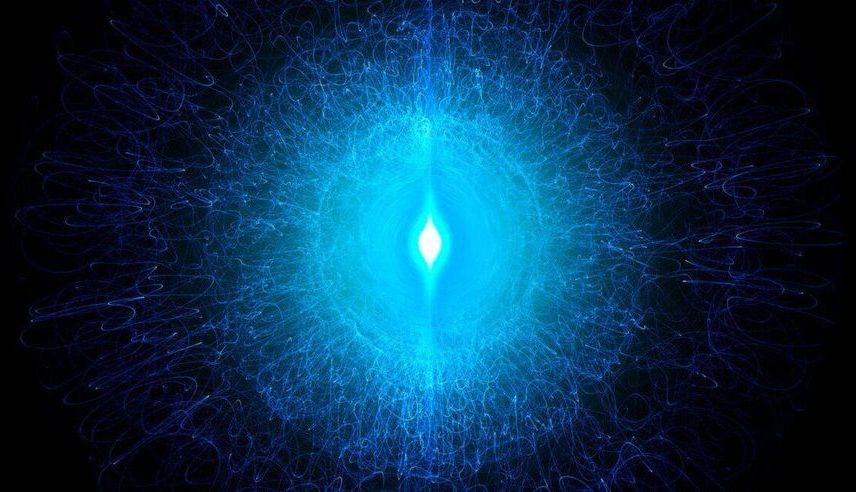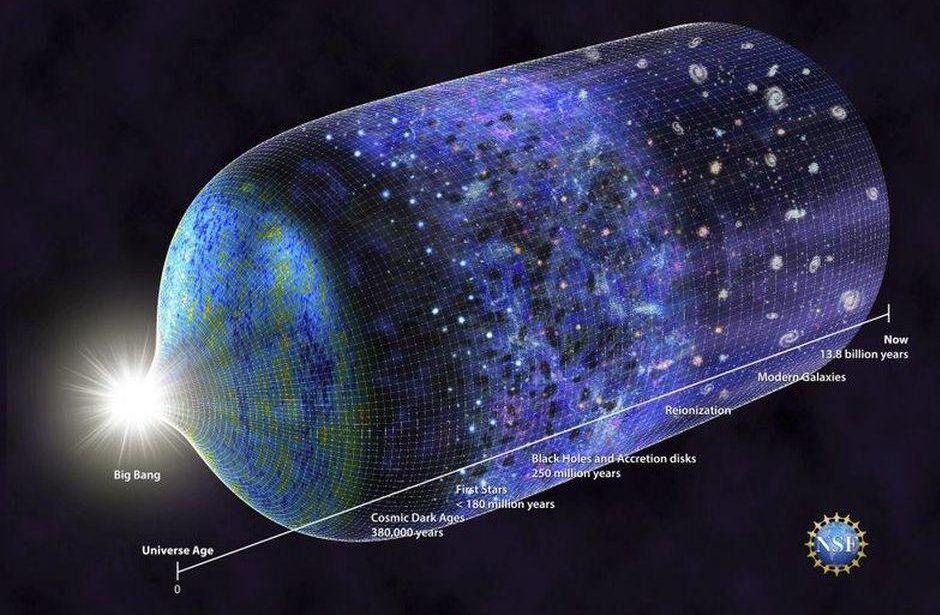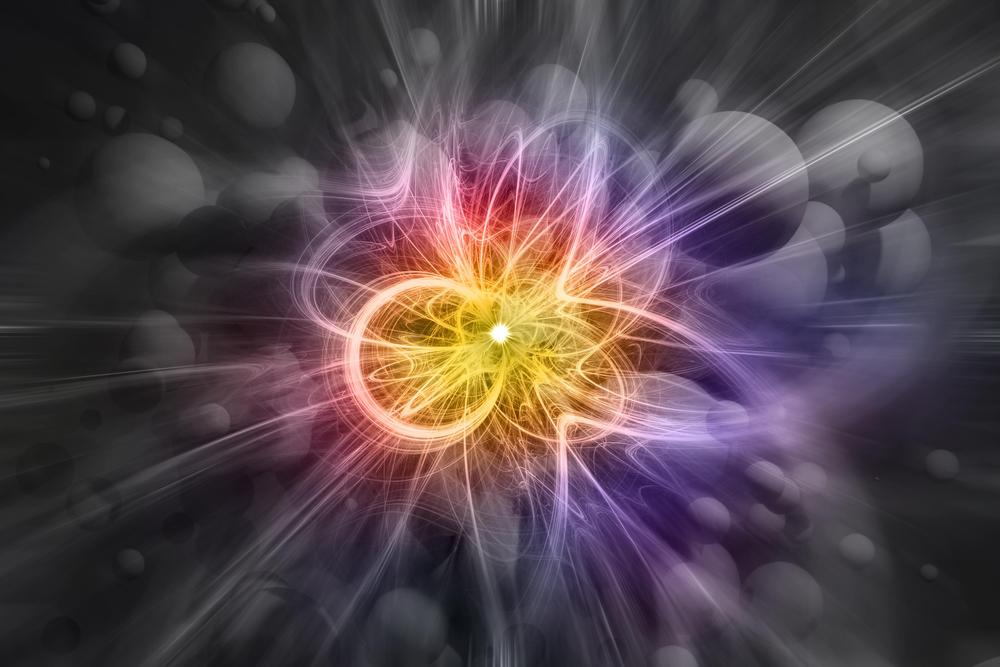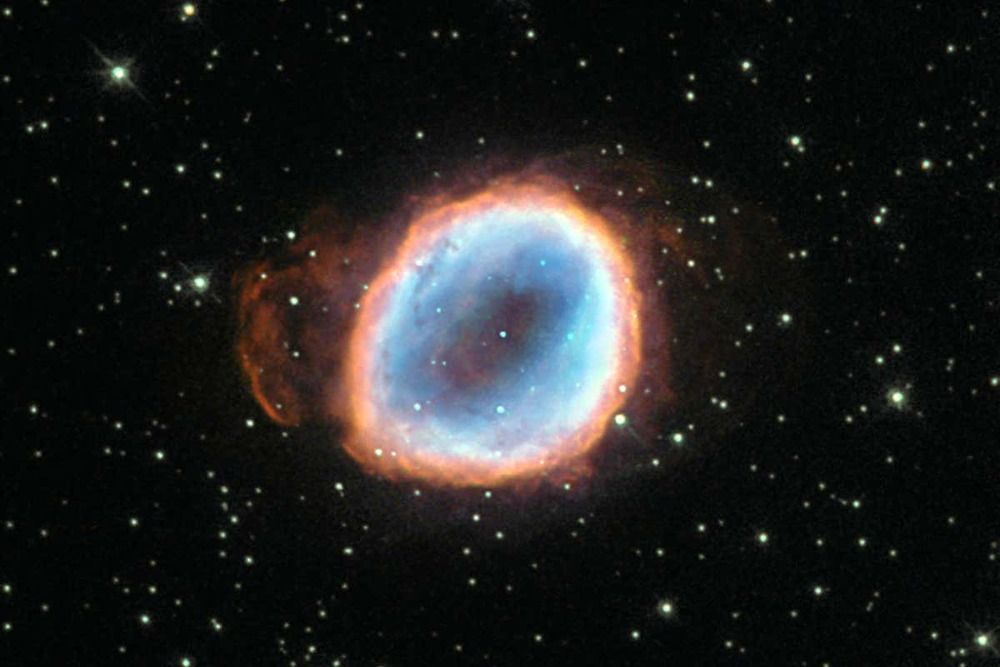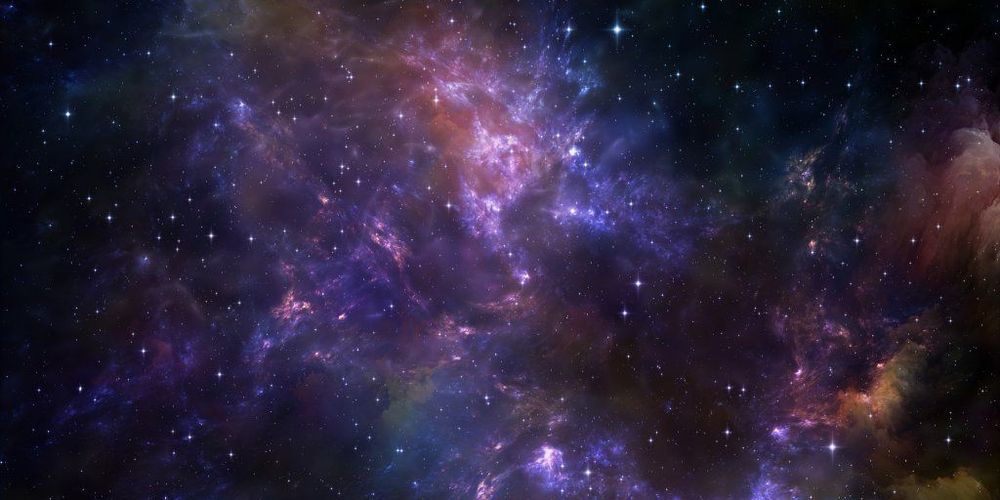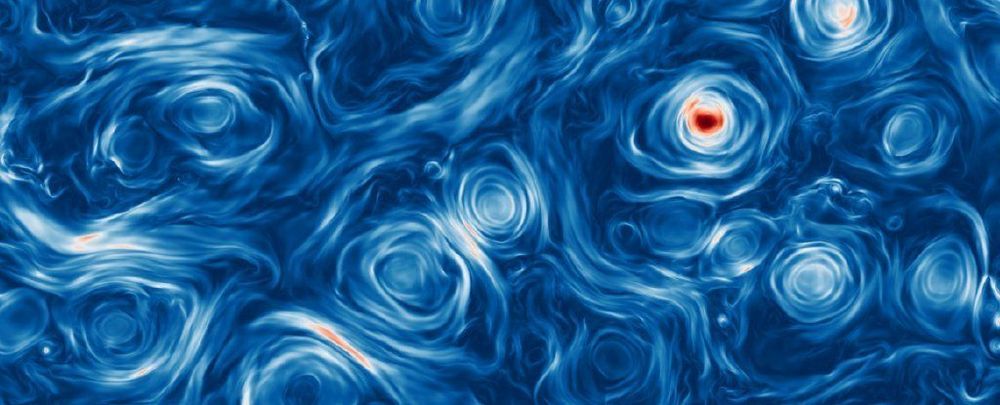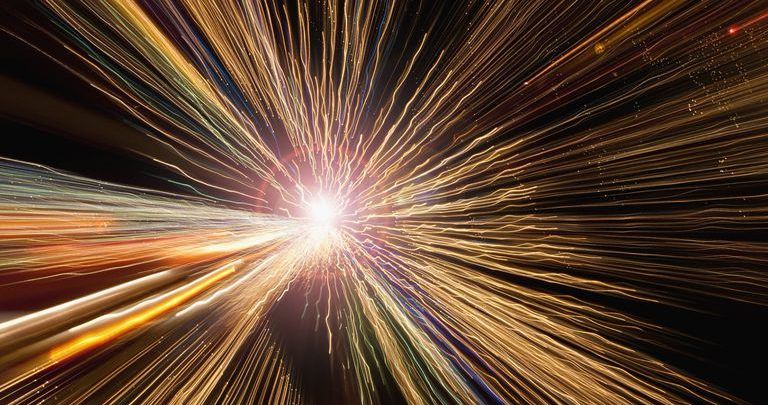These could definitely exist and their fuel is everywhere.
The dark-matter engines are engines created by Professor Farnsworth for the Planet Express ship. Fueled by dark matter, the engines allow the ship to travel vast distances very quickly by moving the universe around the ship (rather than the ship around the universe). The Professor also has an emergency engine, though he may have pawned it. As of Bender’s Game these have been converted to use whale oil.

